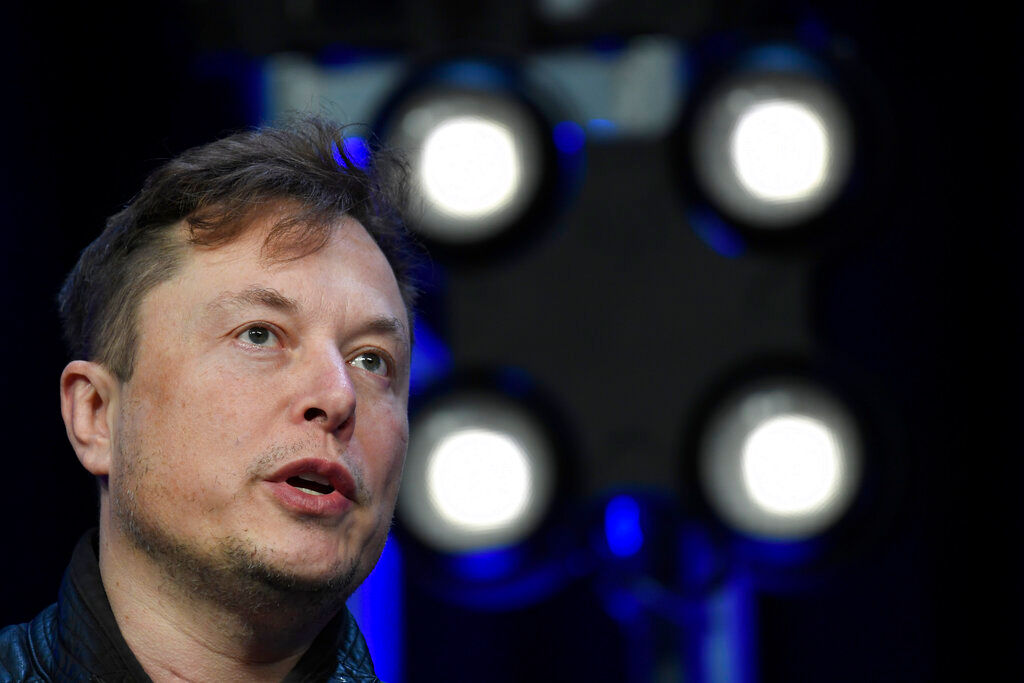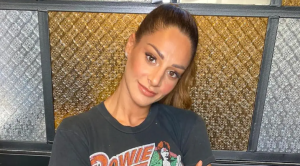Elon Musk, Tesla and SpaceX CEO, has reached a deal to buy Twitter for $44 billion. The news comes after Musk’s stake in the social media company was revealed, after which he turned down an offer to be part of the board, and floated an offer to purchase the company and make it private instead. Musk’s offer was initially rebuffed with a “poison pill” but his tender brought the board back to the negotiating table.
Musk’s aggressive moves on Twitter, which have left the company unsure of its future direction, as CEO Parag Agrawal said, leaves the question of what is a company to do when the world’s richest man makes a takeover bid. Here’s the story of New Scientist, a London-based science weekly, that resisted the entrepreneur’s advances.
Musk’s issue with New Scientist
Elon Musk’s initial problem with the magazine was the existence of its paywall. After complaining, Musk offered to buy the publication outright. The billionaire is famous for championing open-source information, suggesting in a more present context, to make Twitter’s code freely accessible.
Also Read | Why Elon Musk buying Twitter changes the internet
New Scientist rushed to respond and managed to keep the entrepreneur at bay. Ultimately, the publication was sold to the Daily Mail Group.
The following – an early warning sign
Companies should be aware of their social media following. If Musk is @-ing in tweets or making cryptic posts and messaging the company, it could be an early sign of the entrepreneur’s interest, Bloomberg reported the magazine’s chief editor recalling.
Have an organized response
When someone with Musk’s cultural and financial clout makes a takeover offer, it is easy to feel the pressure. However, as long as the conversation is on social media, it is best to trust the appointed manager for the role and remain calm.
Respond concisely and in kind
Musk has the internet moniker of being an ‘edgelord‘, that is, a person who communicates through memes – often borderline inappropriate ones but conversation-sparking, nonetheless.
Also Read | Does Elon Musk’s Twitter need a board? Experts weigh in
Thus, responding in his language is a key communication point, with Bloomberg reporting the digital editor’s understanding that such an answer strikes a balance between a serious reply and saving face in case Musk happens to be joking about the buyout.
Negotiating the ownership of a company in limited character counts is tough, which is why conciseness is key. The New Scientist magazine CEO, Nina Wright, struck the right balance, responding to Musk.
Musk has often joked about buying companies, without being serious about it. Even during the initial offer, Musk had maintained he might not buy Twitter. As evidenced by this magazine, Musk didn’t end up buying it either. The entrepreneur had also expressed a wish to buy Twitter in 2017 – but had never followed up on it.







